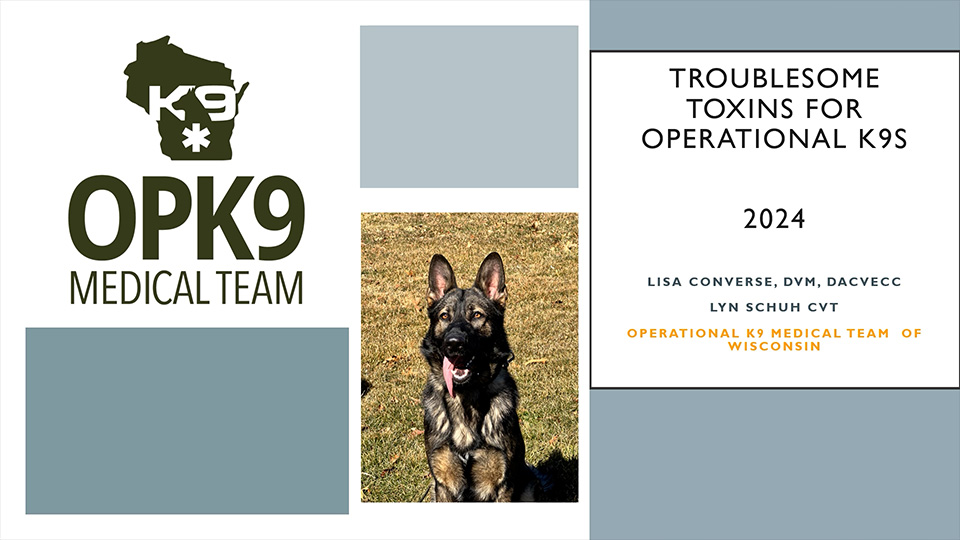My dog started having seizures, should I stop using an E-Collar?
In this important Ask Cindy Q&A, Ed Frawley addresses a concerned owner's question about whether to continue using an e-collar on their 7-year-old dog who recently started having seizures, with the last one occurring two months ago and no current medication. Cindy explains that she cannot provide a definitive answer without understanding the underlying cause of the seizures—whether they're linked to a medical condition, reaction to flea, tick, or heartworm medication, epilepsy, or another outside substance. She offers her perspective that a quality e-collar functions like a TENS unit used by chiropractors, so she doesn't expect it to cause or aggravate seizure conditions, but emphasizes that she is not a healthcare professional or veterinarian.
Cindy stresses that without knowing all the details of the dog's specific situation, the owner will need to make the decision that's best for their individual dog, ideally in consultation with their vet. This video is essential for e-collar users facing health concerns with their dogs, anyone dealing with canine seizures, and owners trying to balance training equipment use with medical conditions—always reminding viewers that veterinary guidance should take priority over training advice when health issues are involved.
The Merck Veterinary Manual details the class of synthetic insecticides known as neonicotinoids, listing common examples like imidacloprid and nitenpyram, noting their use as ectoparasiticides on pets, and providing extensive data on their toxicology, clinical signs of exposure, and metabolism in animals like rats, mice, and dogs.
Seizures and tremors are reported side effects linked to isoxazoline parasiticides and imidacloprid products. Other abnormal neurological signs observed, particularly following accidental oral administration of imidacloprid and moxidectin, include circling, generalized muscle tremors, paresis (weakness), disorientation, shaking (nervousness), and dilated pupils (mydriasis).
Toxicity is noted to be more prevalent in dogs that are old or sick and smaller dogs. Dogs possessing the MDR1 gene deletion may exhibit increased sensitivity to the toxic effects of certain drugs, including moxidectin.
=========================
When people have specific training questions we recommend that they go to our website and post those questions in the ASK CINDY on the front page of leerburg.com. Cindy has been training dogs since she was a teenager and has competed in several dog sports at a regional and national level. She was also a vet tech and owned a boarding/training and grooming business for many years as well as breeding working Dobermans and Belgian Malinois under the kennel name Kaiserhaus.
Questions posted to ASK CINDY are answered almost every day. They are also recorded in our systems if a dog owner has additional questions Cindy will review the previous Q&As and this helps her give better feedback and assistance.












